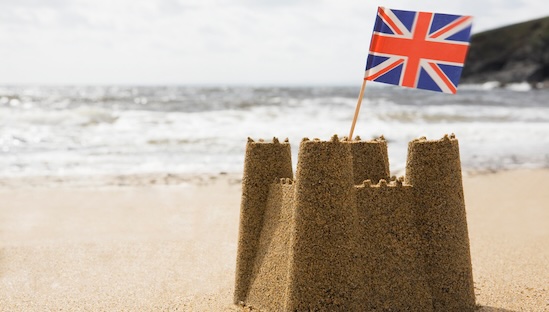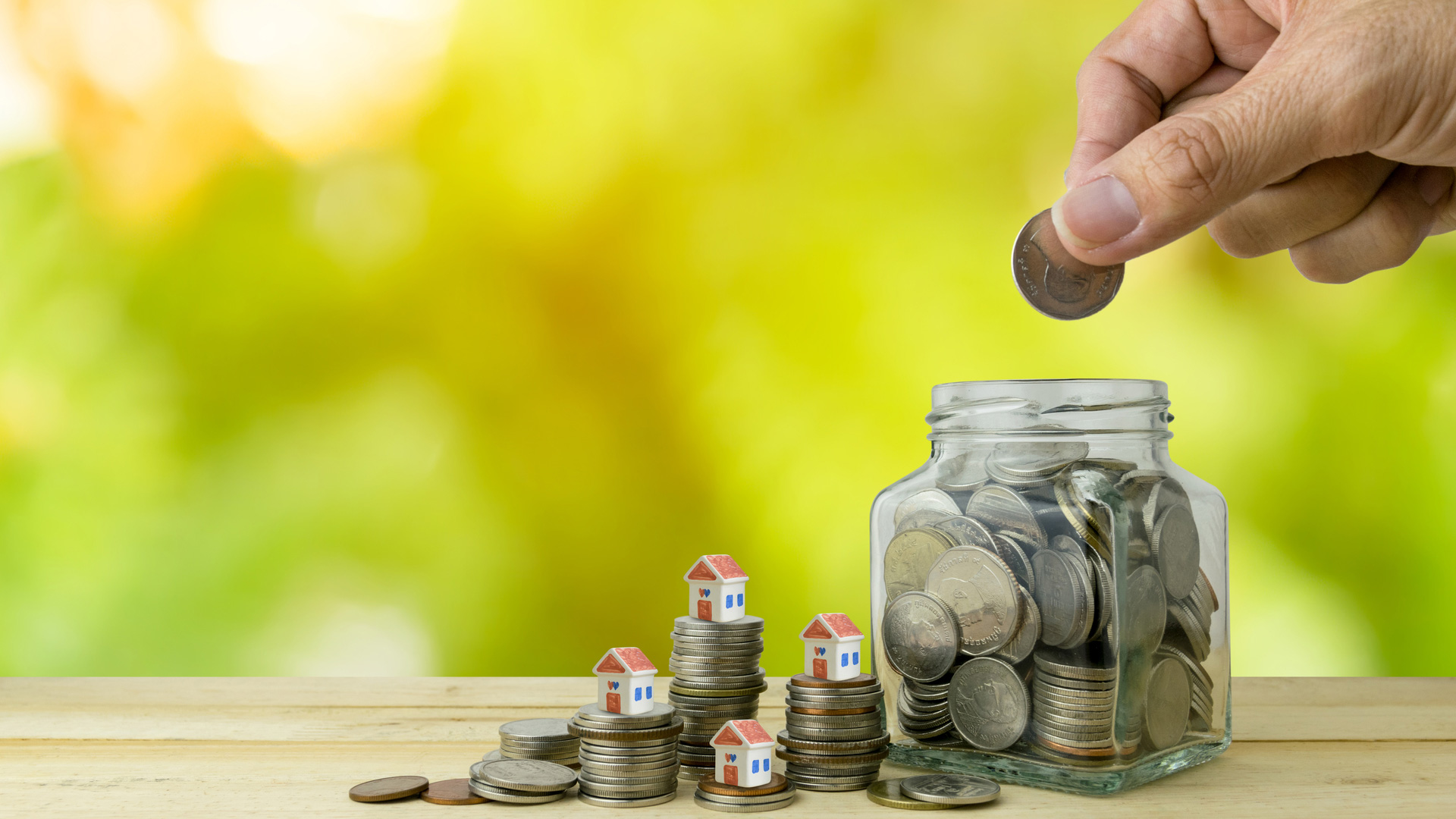The Times on Sunday newspaper’s Money section asks minor celebrities the above question every week in its “Fame and Fortune” column. The pedant in me has always thought that this is a strange question given that the two options are not mutually exclusive – you can have a fund investing in property within your pension plan after all. What they are really asking though is whether (assuming you have spare cash to save towards retirement), it’s better to invest in:
a) rental (or “buy-to-let”) property; or
b) a personal pension containing investments such as company shares, bonds, cash and so on.
There are clearly a few issues to be considered but (spoiler alert) the clear winner is the personal pension. Unless, that is, you enjoy property management so much that you’re willing to give-up significant wealth for the pleasure of pursuing your hobby.
Comparing the financials
Let’s consider first the pure financial aspects to the decision:
- Contributions to pension plans attract tax relief at your highest rate of income tax. Without going into the maths, here’s the immediate return you get by making a pension contribution depending on which tax band you’re in:
| Tax Band | Tax relief (immediate return) |
| Basic rate (20%) | 25% |
| Higher rate (40%) | 67%1 |
| Additional rate (45%) | 82% |
As an example, if you’re a higher rate taxpayer, a pension contribution of £100 effectively only costs you £60 because of the tax relief provided. Note that the returns shown above are before we’ve even considered investments returns so with pensions you get off to a start! There is no such income tax relief on property investments.
- Once invested, capital gains and income generated within a pension plan are tax free. Such capital gains for property investment (ignoring a relatively small personal allowance) are taxed at 24% or 18% depending on your tax band. Rental income (net of certain expenses) is taxed at your highest rate of income tax. This means any returns from property investment are much more impacted by tax than investments within pension plans.
- Pensions do, of course, eventually get taxed when you start to draw an income from them, but 25% of your pension pot is usually received tax free (the exception is when your pension pot is very large). Also, with some careful financial planning, such as having some assets in ISAs and ensuring your spouse has some pension savings for retirement, much or all of the rest of your pension may only be taxed at the basic rate of tax. So, the negative impact of tax on your pension should be significantly less than the generous tax relief you received when making the contributions.
- Long term returns on UK residential property have, on average, been less than those achieved on a diversified portfolio heavily weighted towards global company shares (and that is before allowing for the tax benefits available within a pension plan discussed above). I accept there may be certain pockets of the property market and certain time periods where this is not the case but they are few and far between.
“An Englishman’s home is his castle”
Given the generous financial incentives offered by pensions, why then are we Brits obsessed by property? And, why do a large proportion of the celebrities mentioned above answer “property” when posed the question?
Home ownership has long been associated with success, status and security. It is “bricks and mortar” after all…it’s “tangible”…and isn’t the stock market volatile and full of scams?
There is a feeling of scarcity. We live on an island with limited land, fueling the belief that property demand will always push up prices. There are numerous social pressures too around “getting on the ladder” and turning on the TV during the daytime will lead us to plenty of shows hyping up property investment.
Rarely does any of this consider the considerable downsides to property investment, of which there are many:
- Problems with tenants and risks of rental voids i.e. hassle!
- Repairs…more hassle!
- Lack of diversification (a single property takes up a big chunk of your assets)
- Increasing legislation e.g. new energy efficiency rules.
- High costs of purchase and sale.
- Illiquidity – it’s not always easy to sell a property quickly when you need the money. You could argue that pensions are also illiquid but not for those who are getting close to or have already passed minimum retirement age of 55 (rising to 57 in 2028).
Global stock markets are certainly sometimes volatile over days, weeks, months and even a year or two. But over the time you’d be investing in a pension plan – 20, 30, 40 years, they start to look a lot less volatile.
Bottom line, if you are employed in the UK, especially if you’re in the higher or additional tax rate band, then a good pension plan is the way to go for the majority of your retirement saving. To be fair though, (some) property is nicer to look at than pension asset details on a laptop screen…
1or a bit more if you have any taxable income in the range £100,000 – £125,140. Income in this range results in the loss of the personal income tax allowance at a rate of £1 for every £2 income earned over £100,000. So the full £12,570 personal allowance is lost once income reaches £125,140.

